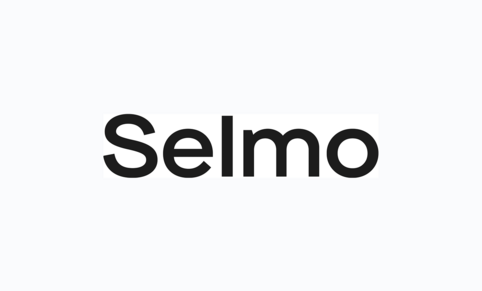 © Westend61
© Westend61
- Establishment, law & taxes
New Startup Package: Employee Participation Models
13. February 2021by Christoph Puchner & David Gloser, originally published by invest.austriainvest.austria ()
The Austrian Federal Government plans to introduce a new “Startup Package”. A new employee participation model with tax incentives is foreseen alongside the creation of a new type of company (FlexCo). This comprises a key building block for a functioning startup ecosystem and an important step towards eliminating locational disadvantages in international comparison.
Tax dilemma up until now for employee equity participation schemes
Regardless of whether the acquisition of stock takes place by means of the transfer of equity shares or a capital increase, the transfer of shares at a discount or free of charge could lead to a monetary advantage (market value of the issued shares less the possible purchase price) for the beneficiaries i.e., the employees in the form of a tax-liable non-cash benefit.
This means that at the time capital shares are issued without a cash inflow, higher taxes and wage levies would have to be paid under certain circumstances– even though shares held in startups at this point in time are frequently subject to a corresponding risk of a loss in value. In addition, it often happens that neither the startup nor the beneficiary has the necessary liquidity to pay the related levies (this is called “dry income” in such cases).
In the worst case, at the time ownership of shares is transferred, and a non-cash benefit is assumed, the startup may not achieve the breakthrough in its business segment so that the desired injection of liquid funds does not take place. Accordingly, the employee is subject to a two-fold risk, namely taxation in advance without any cash inflow as well as too low a cash inflow with regard to the originally tax-liable non-cash benefits.
In order to minimise the tax risk, various models have been considered up until now (e.g., agreement on a negative liquidation preference, loan structure). The new startup package now creates a fundamentally new framework for employee equity participation models.
Tax framework for the new employee participation model
The new startup employee equity participation model can only be implemented by companies which fulfil the following criteria:
- The employing company fulfils the following criteria relating to the preceding financial year when the shares were granted:
- No more than 100 employees on average during the year
- Revenue not in excess of € 40 million
- The company may not be part of a corporate group or an affiliated company (stake ≥ 25%) of the corporate group
- The shares are issued within ten years after the founding of the company
- The shareholding of the employee in the startup at the time in which the shares are transferred did not exceed 10%
- The sale or transfer of the shareholding is only possible with the consent of the employer (transfer restriction)
- A written declaration of the employee that he or she is taking advantage of the new startup employee equity participation scheme as well as inclusion of the stake in the payroll account
The startup employee share ownership scheme should only be applicable for the gratuitous transfer of capital shares, but not for the discounted transfer. The taxation takes place in the event of specified fixed points in time (e.g., sale of the employee’s shares, termination of the employment relationship (here an option exists to defer taxation; an exception also exists for shares in a FlexCo under certain conditions), capital participation of the employee exceeding the 10% threshold or in the event of the liquidation of the employing company or the employee moves away. And so on.
The following conditions must be kept in mind with respect to taxation of the non-cash benefits:
⋅ The pre-requisite for the reduced taxation is that the employee participation has been held for a period of at least five years (with the exception of a termination of the employment relationship) and the employment relationship has lasted for at least three years.
⋅ Taxation takes place for the flat amount of 75% of the assessment base and at a fixed rate of 27.5% (there is also a 75% exemption from the non-wage labour costs (e.g., municipal tax, employer’s contribution, social security contributions). The remaining 25% is taxed at the regular tax rate (including the normal levying of non-wage labour costs).
The new rules should apply for startup employee share ownership schemes which involve the transfer of shares for the first time as of 1 January 2024 or later.
Authors: Christoph PuchnerChristoph Puchner (), Partner and Tax Consultant & David GloserDavid Gloser (), Partner, Tax Consultant and Auditor at ECOVIS AustriaECOVIS Austria (), one of Austria’s leading tax consultancies for startups.
More blog posts


